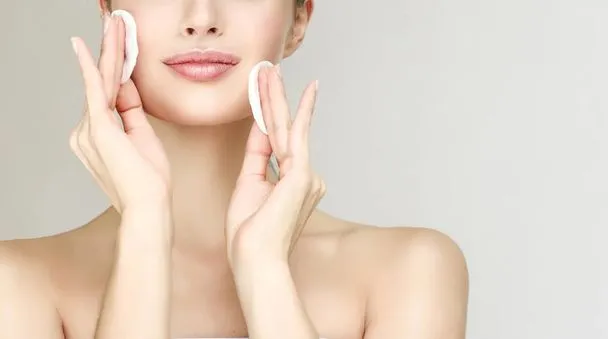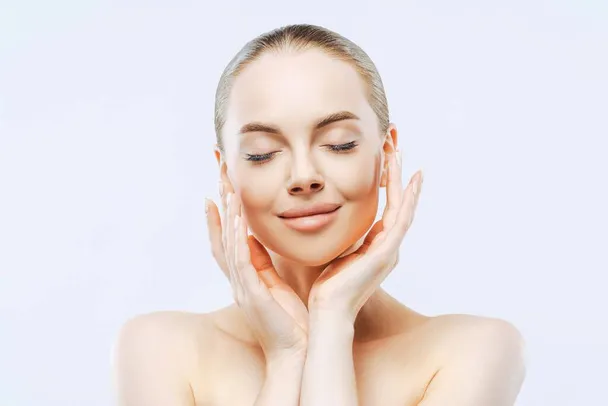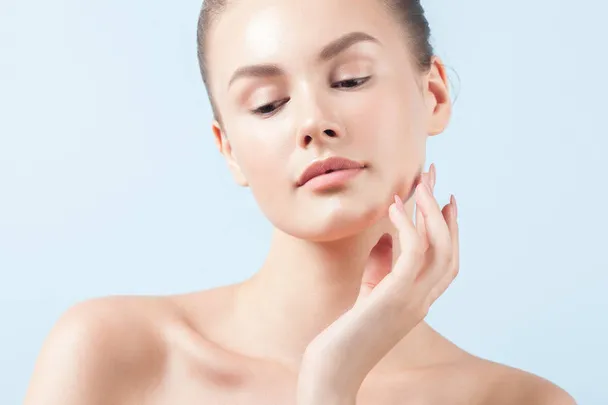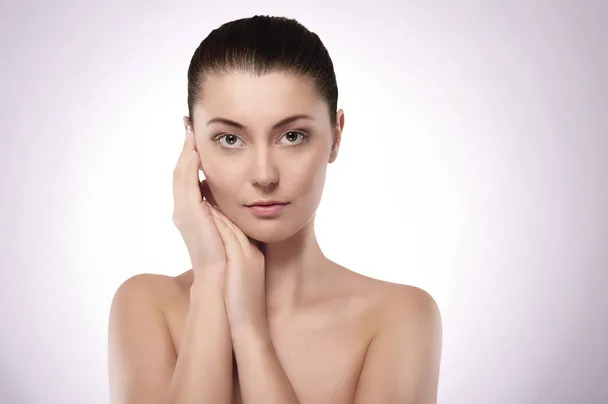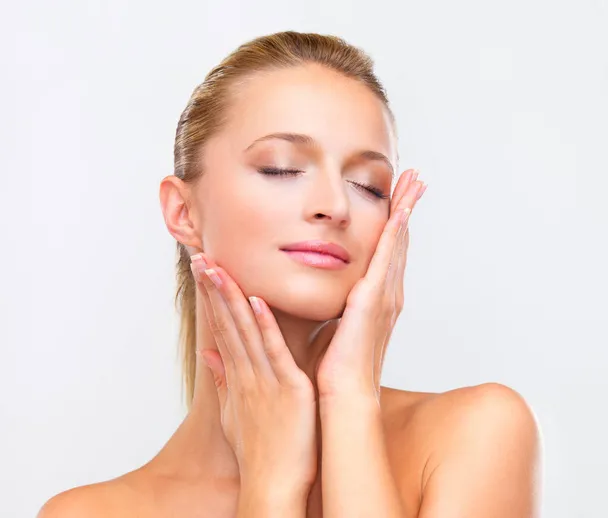Reasons You’re Waking Up With a Puffy Face: Understanding the Causes and Solutions
Waking up with a puffy face can be a frustrating experience, leaving you feeling groggy and less than your best self. While occasional facial puffiness is normal and often harmless, persistent or severe swelling may indicate underlying health issues or lifestyle factors that warrant attention. In this article, we’ll explore the common reasons why you might wake up with a puffy face and discuss practical solutions to help alleviate this common concern.
Fluid Retention:
Fluid retention, medically termed edema, is a leading cause of waking up with a puffy face. Throughout the night, fluid can accumulate in the facial tissues due to various factors, creating a swollen appearance upon waking. One contributing factor is consuming salty foods, which can disrupt the body’s fluid balance and lead to water retention. Dehydration is another common culprit, as inadequate water intake can cause the body to retain fluids, including in the facial area. Hormonal fluctuations, particularly during menstruation or pregnancy, can also play a role in fluid retention, resulting in facial puffiness.
Moreover, certain sleeping positions can hinder proper fluid drainage, exacerbating facial swelling. Sleeping on your stomach or with your face pressed against the pillow can impede lymphatic drainage, causing fluids to pool in the facial tissues overnight. Additionally, lifestyle factors such as alcohol consumption, high sodium intake, and excessive sugar consumption can worsen fluid retention and contribute to noticeable facial swelling upon waking.
Fortunately, several strategies can help reduce fluid retention and alleviate facial puffiness. Elevating your head while sleeping can promote lymphatic drainage and reduce fluid buildup in the face. This can be achieved by using an extra pillow or investing in an adjustable bed frame to raise the head and upper body during sleep. Furthermore, maintaining a balanced diet low in sodium and high in potassium-rich foods, such as bananas and leafy greens, can help regulate fluid balance and prevent excessive swelling. Staying hydrated by drinking plenty of water throughout the day is also essential for flushing out toxins and reducing fluid retention.
Avoiding alcohol and caffeine before bedtime is another effective way to prevent fluid retention, as these substances can dehydrate the body and exacerbate swelling. Instead, opt for herbal teas or water to stay hydrated in the evening. Additionally, incorporating anti-inflammatory foods such as cucumbers, watermelon, and leafy greens into your diet can further support overall hydration and reduce facial puffiness.
In conclusion, addressing fluid retention through lifestyle modifications and dietary changes can significantly reduce facial puffiness and promote a more refreshed appearance upon waking. By implementing these strategies, you can effectively manage fluid balance and wake up with a smoother, less swollen complexion.
Allergies:
Allergic reactions to environmental triggers such as pollen, dust mites, pet dander, or certain skincare products can cause facial swelling, redness, and irritation, commonly referred to as allergic or allergic shiners. These reactions occur when the immune system overreacts to harmless substances, releasing histamines and other inflammatory compounds that lead to symptoms such as facial puffiness and congestion. Exposure to allergens while sleeping can exacerbate these reactions, as the body may be more susceptible to inflammation and swelling during periods of rest.
To address allergic reactions and minimize facial puffiness caused by environmental allergens, it’s essential to identify and avoid potential triggers. Start by keeping your bedroom clean and free of dust, pet dander, and other common allergens. Regularly vacuum carpets, dust furniture, and wash bedding in hot water to remove allergen particles and create a more allergy-friendly environment. Consider using hypoallergenic bedding and pillowcases to reduce exposure to potential irritants while sleeping.
Investing in an air purifier with a HEPA filter can also help minimize airborne allergens in your bedroom, providing cleaner air and reducing the risk of allergic reactions during sleep. Place the air purifier near your bed or in areas prone to allergen accumulation for optimal effectiveness. Additionally, consider using nasal saline sprays or irrigation systems to flush out allergens from the nasal passages and alleviate congestion and swelling.
If you suspect skincare products are triggering allergic reactions and facial swelling, switch to fragrance-free, hypoallergenic formulas specifically designed for sensitive skin. Perform patch tests before applying new products to your face to identify any potential allergens or irritants. Over-the-counter antihistamines or allergy medications may provide temporary relief from allergy symptoms, but consult with a healthcare professional for personalized recommendations and treatment options.
In summary, addressing allergic reactions and minimizing exposure to environmental allergens can help reduce facial swelling and inflammation associated with allergies. By implementing preventive measures and using appropriate skincare products, you can effectively manage allergy symptoms and wake up with a less puffy and irritated complexion.
Lack of Sleep:
Lack of Sleep: Inadequate or poor-quality sleep can contribute to facial puffiness due to disrupted circulation, increased stress hormone production, and impaired lymphatic drainage. When you don’t get enough sleep, your body doesn’t have sufficient time to perform essential functions, including removing excess fluid and toxins from the facial tissues. As a result, fluid can accumulate around the eyes, cheeks, and jawline, leading to noticeable swelling and puffiness upon waking.
Solution: Prioritize quality sleep by establishing a consistent bedtime routine and creating a comfortable sleep environment conducive to relaxation and restorative rest. Start by setting a regular bedtime and wake-up time to regulate your body’s internal clock and promote healthy sleep-wake cycles. Create a calming bedtime routine that includes activities such as reading, taking a warm bath, or practicing relaxation techniques like meditation or deep breathing exercises.
Invest in a comfortable mattress and pillows that support your body and promote proper alignment while sleeping. Keep your bedroom cool, dark, and quiet to minimize disturbances and create an optimal sleep environment. Consider using blackout curtains, white noise machines, or earplugs to block out external stimuli that may disrupt your sleep.
Limit screen time and exposure to blue light from electronic devices before bedtime, as the light emitted can interfere with melatonin production and disrupt your natural sleep-wake cycle. Instead, engage in relaxing activities such as reading a book, listening to calming music, or practicing gentle stretching exercises to prepare your body and mind for sleep.
If you struggle with chronic sleep issues or insomnia, consult with a healthcare professional for personalized sleep hygiene tips and potential interventions. They may recommend cognitive-behavioral therapy for insomnia (CBT-I), relaxation techniques, or sleep medications to improve your sleep quality and overall well-being. By prioritizing quality sleep and addressing underlying sleep disturbances, you can minimize facial puffiness and wake up feeling refreshed and rejuvenated each morning.
Aging and Skin Changes:
Aging and Skin Changes: As we age, our skin undergoes various structural and functional changes that can contribute to facial puffiness and swelling. One of the primary factors is the natural loss of collagen and elastin, which are essential proteins responsible for maintaining skin elasticity and firmness. As collagen production declines and skin becomes less resilient, it becomes more prone to sagging, wrinkles, and fluid retention.
The delicate skin around the eyes is particularly susceptible to age-related changes due to its thinness and lack of underlying support structures. Reduced collagen and elastin levels, combined with decreased muscle tone and weakened lymphatic drainage, can exacerbate puffiness and swelling in this area. Additionally, changes in fat distribution and fluid dynamics within the skin can further contribute to the appearance of under-eye bags and facial puffiness.
Solution: To address age-related changes and minimize facial puffiness, it’s essential to incorporate targeted skincare products and techniques into your daily routine. Start by using hydrating eye creams or serums that contain ingredients such as hyaluronic acid, caffeine, or peptides. These ingredients can help plump and firm the skin, reduce the appearance of under-eye bags, and improve microcirculation to alleviate puffiness.
In addition to topical treatments, consider incorporating facial massage and lymphatic drainage techniques into your skincare routine. Gentle massage techniques, such as tapping or light pressure movements, can help stimulate lymphatic flow, reduce fluid retention, and promote a more sculpted appearance. Cooling eye masks or compresses can also provide immediate relief by constricting blood vessels and reducing inflammation.
Furthermore, prioritize sun protection and environmental defense to prevent further damage to the skin. Apply a broad-spectrum sunscreen with a minimum SPF of 30 daily to protect against harmful UV rays, which can accelerate the aging process and exacerbate skin concerns. Incorporate antioxidant-rich skincare products into your regimen to neutralize free radicals, support collagen production, and maintain skin health.
By addressing age-related changes with a comprehensive skincare approach that includes targeted products, techniques, and sun protection, you can minimize facial puffiness and maintain a youthful, radiant complexion as you age. Consulting with a skincare professional or dermatologist can also provide personalized recommendations and guidance tailored to your specific needs and concerns.
Conclusion:
Waking up with a puffy face can be a common occurrence with various potential causes, including fluid retention, allergies, lack of sleep, sinus congestion, and age-related changes. By understanding the underlying factors contributing to facial puffiness and implementing targeted solutions, you can effectively reduce swelling, improve skin health, and wake up feeling refreshed and rejuvenated. Incorporate lifestyle modifications, skincare strategies, and professional interventions as needed to address your specific concerns and maintain a healthy, vibrant complexion over time. If facial puffiness persists despite home remedies or worsens over time, consult with a healthcare professional or dermatologist for personalized evaluation and treatment recommendations.

